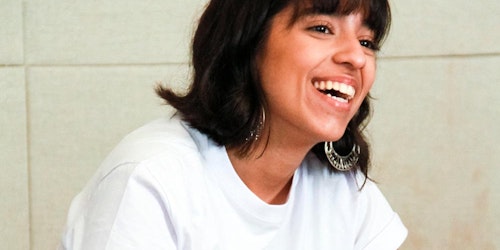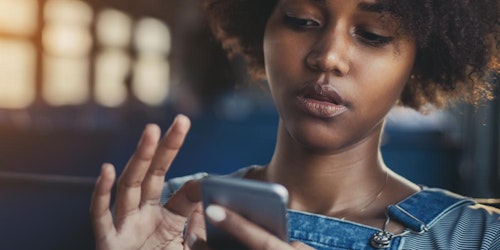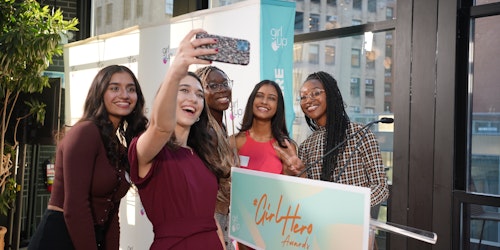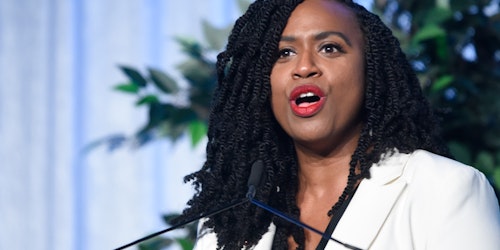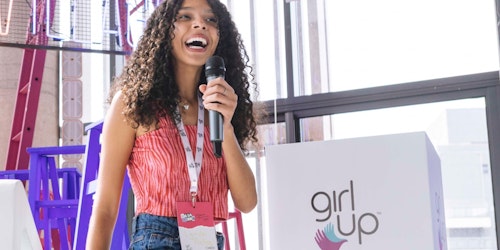Estimated reading time: 8 minutes
Venturing across the border, Girl Up India had the privilege of engaging in an insightful conversation with Pakistani activist and Fulbright Scholar Ayesha Amin – the founder of youth-led gender justice organization Baithak and a member of UN Women Asia’s 30 for 2030 network.
This interview captures the urgency of addressing sexual and reproductive health, rights, and justice (SRHRJ) issues and sheds light on Baithak’s transformative mission to create safe spaces for open conversations about this topic in Pakistan.
Could you tell us a little bit more about the vision and mission driving Baithak? How did you first get started?
My advocacy journey began as a personal one. Coming from a patriarchal family in Pakistan– like many families in the region–I started advocating for my own bodily autonomy. This later expanded to helping other girls and women access information and services, empowering them to exercise their bodily autonomy. The vision driving Baithak is to create a world where girls and women embrace their bodies without shame. It’s about eradicating the stigma associated with menstruation, enabling its dignified management, and ensuring access to information and resources for sexual and reproductive health decisions.
Interestingly, the name Baithak (Urdu for “meeting”) was chosen by the community itself. When I conducted focus group discussions on sexual and reproductive health among women in my community during my Master’s, they started referring to these gatherings as Baithak. The name stuck as these gatherings transformed into spaces where women learned about reproductive health while having fun. The name resonated with the community’s identity.
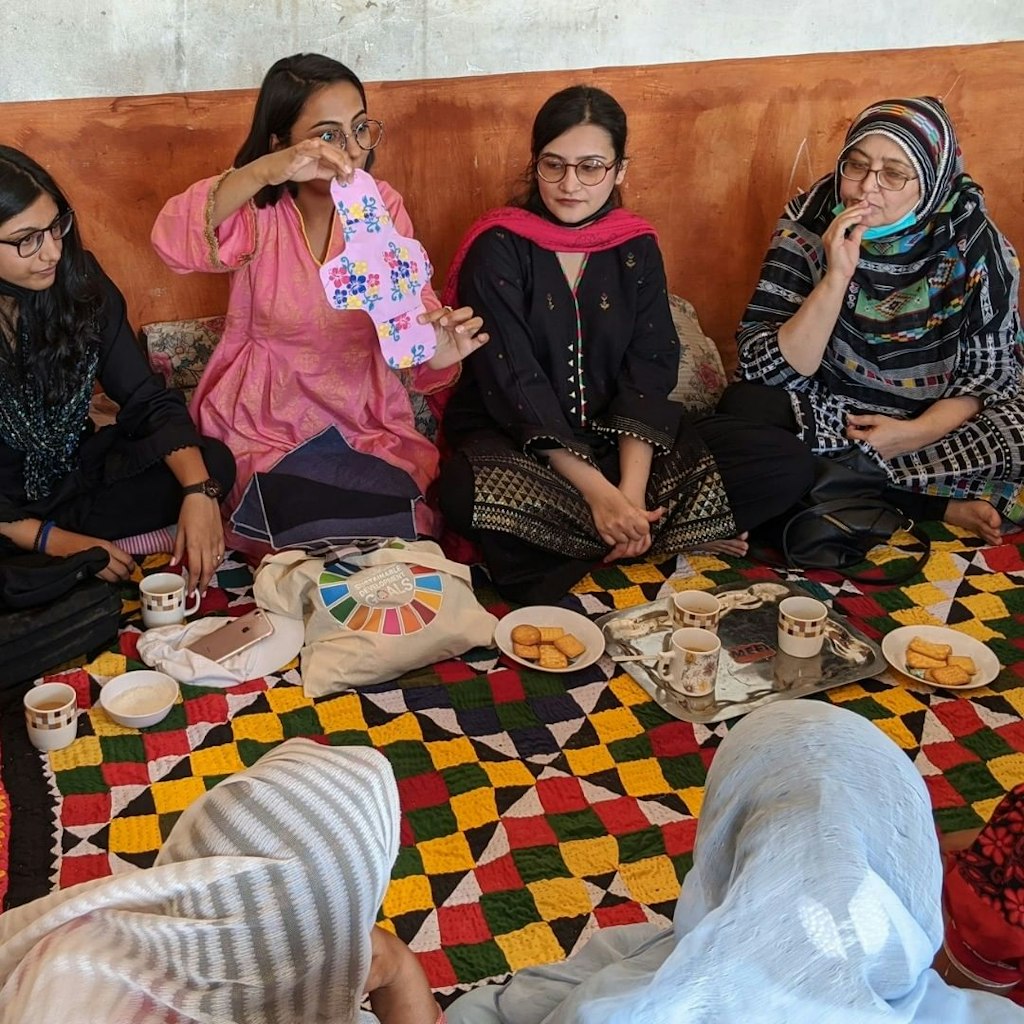
There is substantial evidence indicating prevailing shame and stigma surrounding conversations about periods among young girls. In light of this, I am curious to know how Baithak addresses this issue and employs strategies to facilitate open discussions about menstruation, empowering young girls to overcome their hesitancy to talk about this.
I think that’s a great question, because as you said, menstruation is a very stigmatized topic, especially in South Asia, but also across the globe. There’s a lot of shame and fear attached to the topic of menstruation even when young girls and women think about it. Our approach to normalizing conversations about menstruation in our Baithaks involves creating a space where girls and women can come together and talk about it in a fun way. There is one segment which is called Once Upon My Period where everyone shares stories from the first time they got their period. Then, we do this activity on menstrual myth busting where we tell them how myths are created and the importance of verifying the information they get about menstruation. I feel like there’s a lot of emotional investment that we put into the girls and women we work with. They connect with us to talk about everything from their life to education to their aspirations. Building this trust and emotional connection with them helps them open up about topics they might not discuss elsewhere.
As we combat period poverty’s consequences, we are simultaneously grappling with one of the most pressing crises of our times, i.e., climate change. How can we effectively promote gender-inclusive and equitable crisis responses prioritizing women’s health, safety, and dignity during menstruation?
Again, this is an important topic given how Pakistan is one of the most vulnerable countries to the climate crisis. Last year, we saw the worst floods in the country’s history, and the response from institutions was very gender-blind. Unfortunately, that’s what we see in most cases, i.e., it is girls and women who are disproportionately affected during crises. So, if we talk about menstrual health, we see how the loss of income on account of climate change increases period poverty or makes it worse because menstrual products are not considered an item of necessity. These are not only expensive but culturally, they are considered a luxury product.
To integrate a gender-equitable lens in crisis responses, we must recognize the specific needs of girls and women. This includes providing menstrual products and ensuring privacy and safety in camps or shelters. Menstrual hygiene is a climate justice issue, and solutions should involve making products accessible, acknowledging different needs, and ensuring dignity and safety.
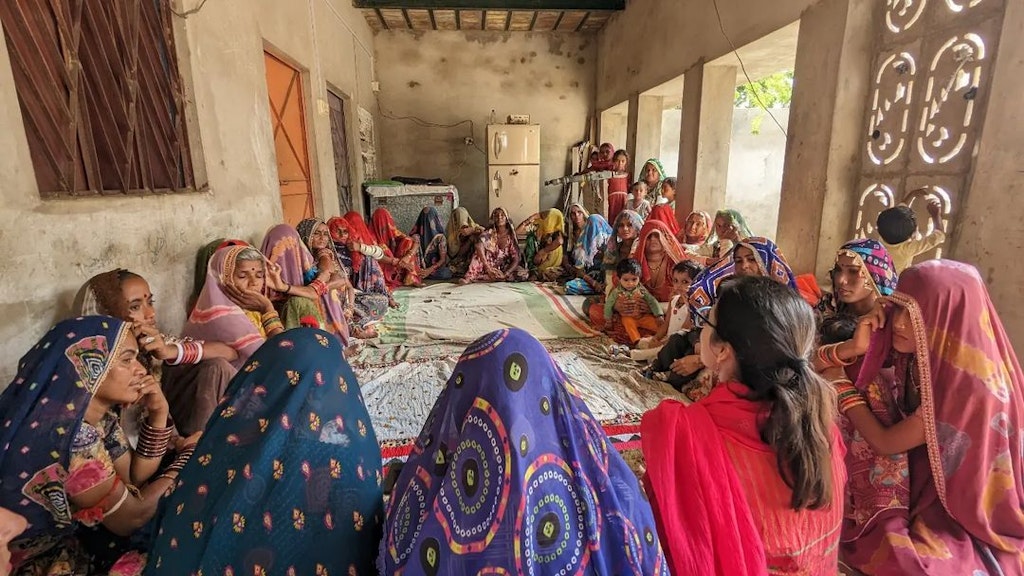
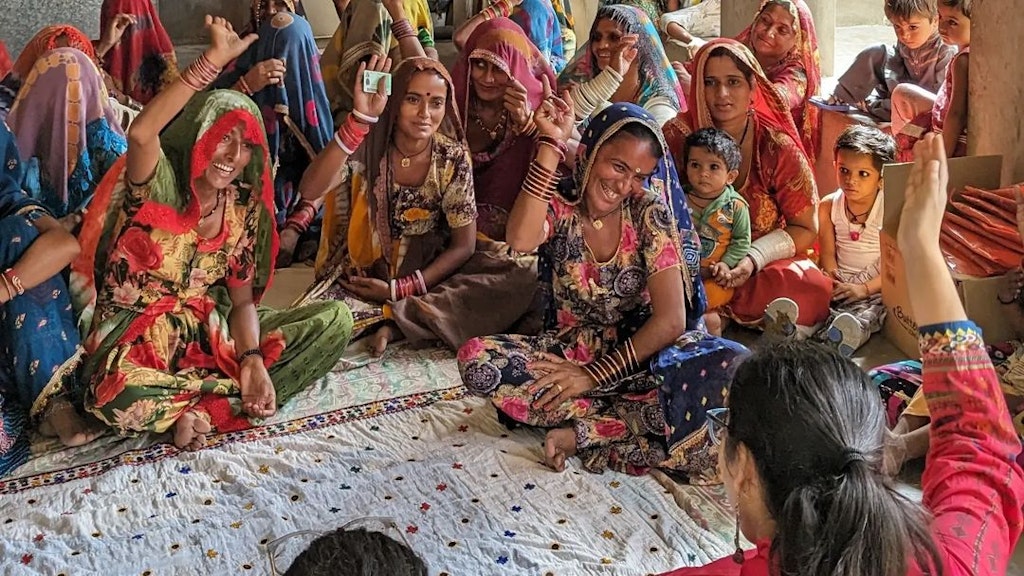
I have to ask this because I am very fascinated by Baithak’s latest project, Gul – an AI-powered voice assistant that will use WhatsApp to help educate young people on reproductive health issues. What potential does technology hold in breaking down existing barriers to information and care concerning women’s health?
Technology has great potential to expand access to information, but it’s crucial to make it inclusive. The concept behind Gul emerged from the recognition that as an organization with limited resources, it was not feasible for us to physically reach every community for reproductive health sessions. Simultaneously, the lack of access to information and healthcare infrastructure, especially in rural Pakistan, creates a significant knowledge gap. To bridge this, technology was considered as an alternative, but it had to be inclusive and user-friendly for grassroots communities. Gul was conceived in collaboration with these communities, aiming to address their specific needs. Research revealed that due to low literacy rates, voice-based communication was crucial, ruling out text-based solutions. Video content was also not viable due to device and data constraints.
By choosing a common name like ‘Gul,’ we aimed to create a relatable and comfortable platform that serves as a friend for all users, regardless of gender, while focusing on reproductive health education. It is a gender-neutral name in Pakistan and was chosen intentionally.
As a passionate advocate for gender justice, how do you perceive the significance of transnational solidarity in advancing gender equality and challenging contemporary social inequalities?
This concept of solidarity in the feminist space, I think it’s so beautiful. It breaks down the narrative of women being each other’s enemies and unites feminists globally. It’s about acknowledging our differences while understanding the common struggle against patriarchy. In the context of South Asia, specifically, I love how young feminists are now embracing technology to connect, question, and reshape feminist narratives. They are forging a distinct path, recognizing differences with Western feminist concepts, and crafting relatable narratives.
It’s a very difficult world for girls and women—for feminist activists—to navigate, so solidarity across borders and movements is something that helps us create spaces where we can confide in and be vulnerable with each other. Whether we see the #MeToo movement, the case of Mahsa Amini, or South Asian feminists changing and questioning the narratives that we have been fed – solidarity is powerful and can transform the world.
It’s a very difficult world for girls and women—for feminist activists—to navigate, so solidarity across borders and movements is something that helps us create spaces where we can confide in and be vulnerable with each other.
Your work and activism have pushed the envelope for menstrual equity and gender justice in several ways. What advice, if any, do you have for young activists advocating for gender equality?
I’d offer three pieces of advice. Firstly, self-love is paramount for us young feminists. Amid advocating for others, it’s easy to overlook ourselves, particularly in cultures like ours in South Asia. Overcoming the notion that self-love is selfish is crucial. Loving ourselves empowers us and equips us to better serve our communities. Secondly, we must view boys and men as beneficiaries of gender justice initiatives. Breaking free from patriarchal norms is vital for fostering empathy and understanding across genders. Lastly, building strong female friendships and embracing vulnerability has been transformative for me personally. It’s so critical to recognize that even if you are an independent woman, it does not mean that you don’t need support.
This interview has been edited for length and clarity.
Follow Girl Up India for more conversations on global feminist issues with the world’s most influential changemakers as a part of our ongoing series “Feminists Across Borders” on Instagram.
Watch this space for more conversations with the world’s most influential female changemakers as part of our ongoing “In Conversation With” blog series!



